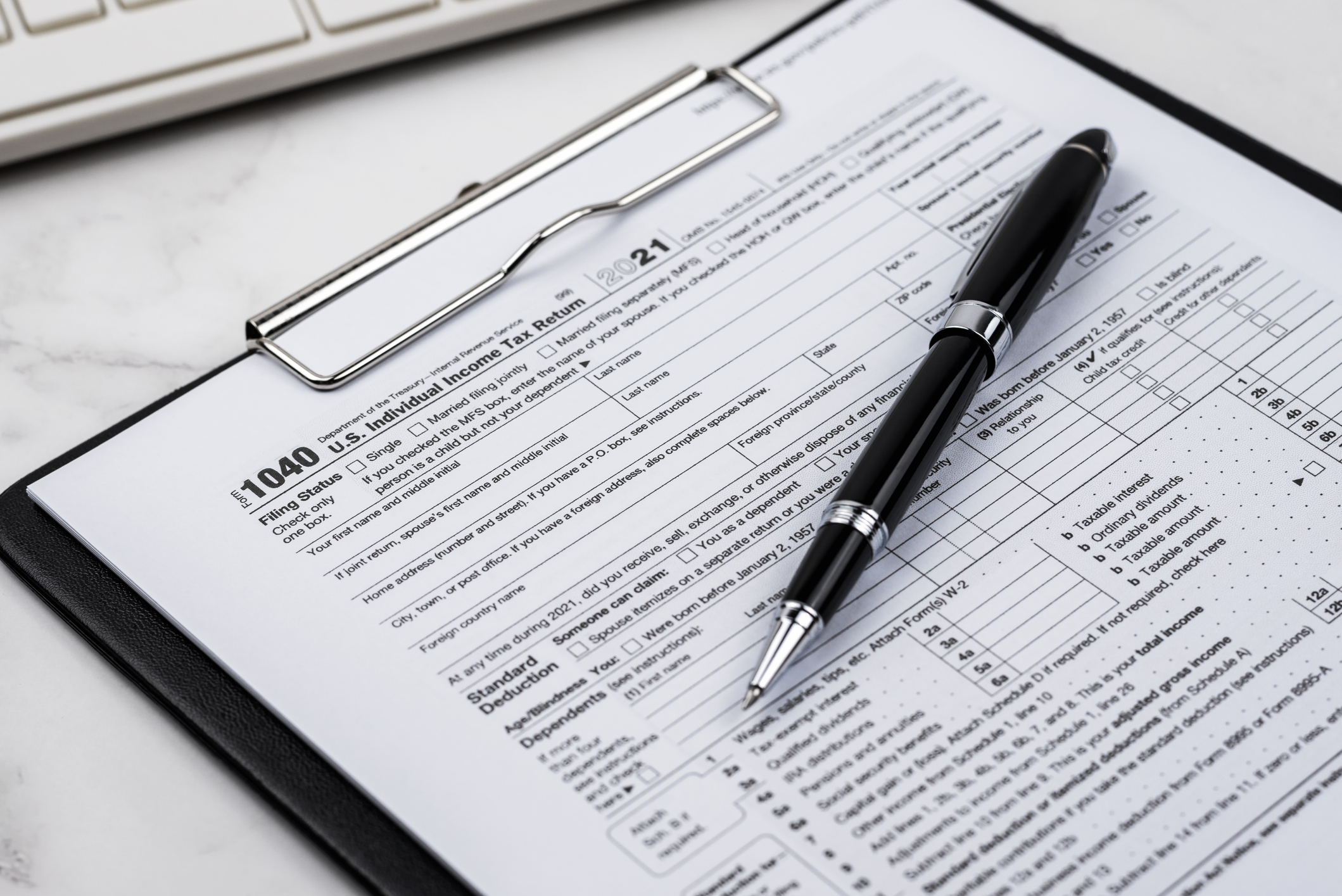Climate change is extending the tax season


A free daily email with the biggest news stories of the day – and the best features from TheWeek.com
You are now subscribed
Your newsletter sign-up was successful
Climate change is extending tax season, according to The Washington Post.
Natural disasters have pushed back tax deadlines all around the country, prompting an overall "migration of fiscal deadlines," explains Rob Moore at the Natural Resources Defense Council to the Post. Climate change has been proven to worsen natural disasters by making them more frequent and intense.
Since 2021, the Internal Revenue Service has postponed the tax filing deadline for areas in 15 different states due to natural disasters. "If you had a tornado tear through a county a few weeks before the filing deadline, you do not want people to choose between the extremely important decisions they have to make for their family in that moment and timely tax filing," remarks Jared Walczak of the think tank Tax Foundation.
The Week
Escape your echo chamber. Get the facts behind the news, plus analysis from multiple perspectives.

Sign up for The Week's Free Newsletters
From our morning news briefing to a weekly Good News Newsletter, get the best of The Week delivered directly to your inbox.
From our morning news briefing to a weekly Good News Newsletter, get the best of The Week delivered directly to your inbox.
Average global temperatures have been steadily rising, inching towards the United Nations threshold of 1.5 degrees Celsius above pre-industrial levels. With each added bit of warmth, the climate effects become more pronounced and dangerous. "Things are kind of tilted more and more in favor of weather events that we would have once considered improbable," Moore continues. Scientist Katharine Hayhoe of the Nature Conservancy adds, "The risks are increasing no matter where we live."
"We have to talk about how climate change is affecting our taxes, our vacations, our homes, our jobs, our kids, our health," comments Hayhoe. "Every aspect of our lives is being affected." Though next year may bring natural disasters that affect different states or regions, the trend of a longer and more complicated tax season for some Americans is likely here to stay.
A free daily email with the biggest news stories of the day – and the best features from TheWeek.com
Devika Rao has worked as a staff writer at The Week since 2022, covering science, the environment, climate and business. She previously worked as a policy associate for a nonprofit organization advocating for environmental action from a business perspective.
-
 How to Get to Heaven from Belfast: a ‘highly entertaining ride’
How to Get to Heaven from Belfast: a ‘highly entertaining ride’The Week Recommends Mystery-comedy from the creator of Derry Girls should be ‘your new binge-watch’
-
 The 8 best TV shows of the 1960s
The 8 best TV shows of the 1960sThe standout shows of this decade take viewers from outer space to the Wild West
-
 Microdramas are booming
Microdramas are boomingUnder the radar Scroll to watch a whole movie
-
 Trump wants a weaker dollar, but economists aren’t so sure
Trump wants a weaker dollar, but economists aren’t so sureTalking Points A weaker dollar can make imports more expensive but also boost gold
-
 TikTok secures deal to remain in US
TikTok secures deal to remain in USSpeed Read ByteDance will form a US version of the popular video-sharing platform
-
 Unemployment rate ticks up amid fall job losses
Unemployment rate ticks up amid fall job lossesSpeed Read Data released by the Commerce Department indicates ‘one of the weakest American labor markets in years’
-
 The longevity economy booms as people live longer
The longevity economy booms as people live longerThe Explainer The sector is projected to reach $27 trillion by 2030
-
 Texas is trying to become America’s next financial hub
Texas is trying to become America’s next financial hubIn the Spotlight The Lone Star State could soon have three major stock exchanges
-
 US mints final penny after 232-year run
US mints final penny after 232-year runSpeed Read Production of the one-cent coin has ended
-
 How could worsening consumer sentiment affect the economy?
How could worsening consumer sentiment affect the economy?Today’s Big Question Sentiment dropped this month to a near-record low
-
 Musk wins $1 trillion Tesla pay package
Musk wins $1 trillion Tesla pay packageSpeed Read The package would expand his stake in the company to 25%
